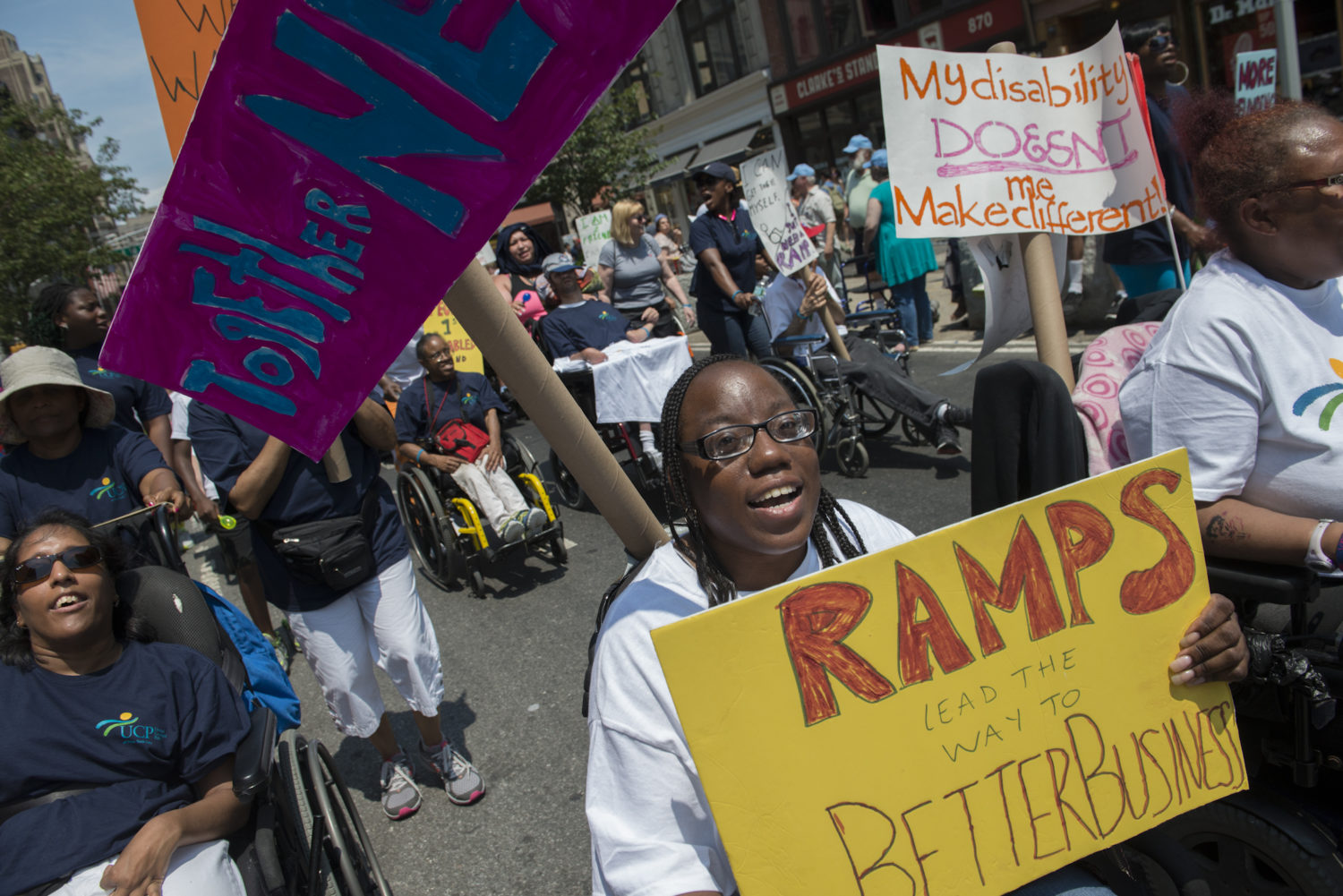The ADA's impact was profound, providing individuals with disabilities greater access to public services, workplaces, and transportation. Physical modifications, such as ramps and Braille signage, were required to ensure improved access to public buildings. Those with hearing impairments could access television news through closed captioning.
Most importantly, the ADA enabled people with disabilities to work and earn a living just like anyone else. Employers were required to reassess their hiring practices to include individuals with disabilities. Businesses had to make accommodations for all types of disabilities, including deafness and blindness.
The ADA landmark not only transformed life in the U.S. but also influenced significant legislation worldwide. The passage of the ADA stands as a tribute to the relentless advocacy of people with disabilities and serves as a reminder that everyone has the right to fight for their rights. These rights are vital because individuals with disabilities deserve to be recognized as full citizens and to live independent, fulfilling lives.
